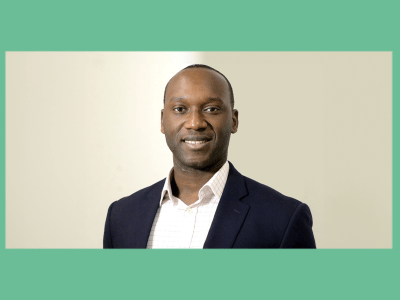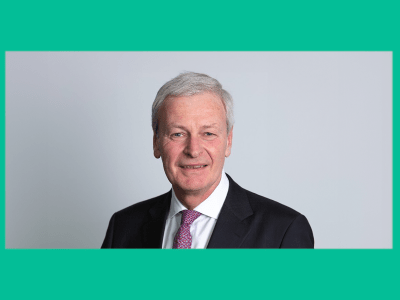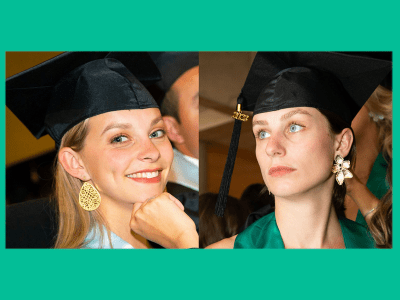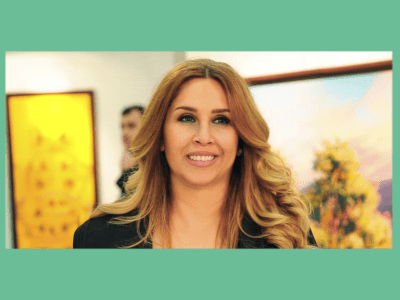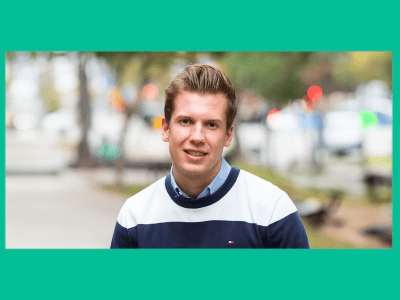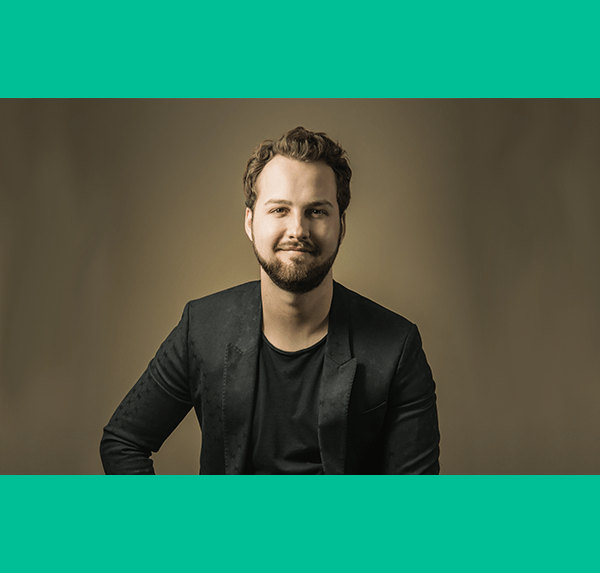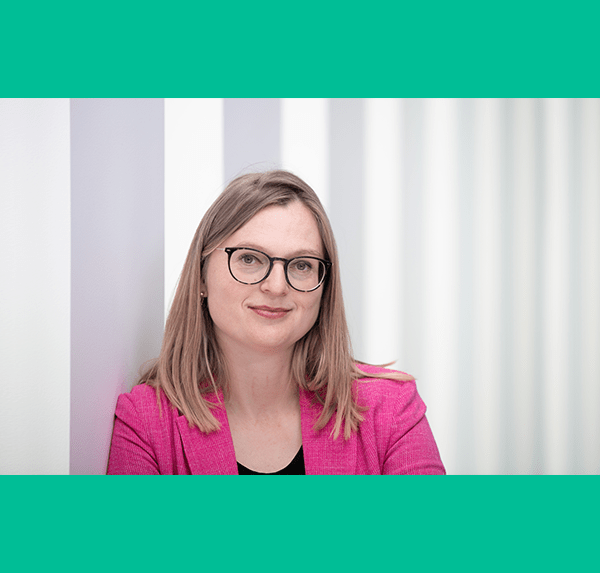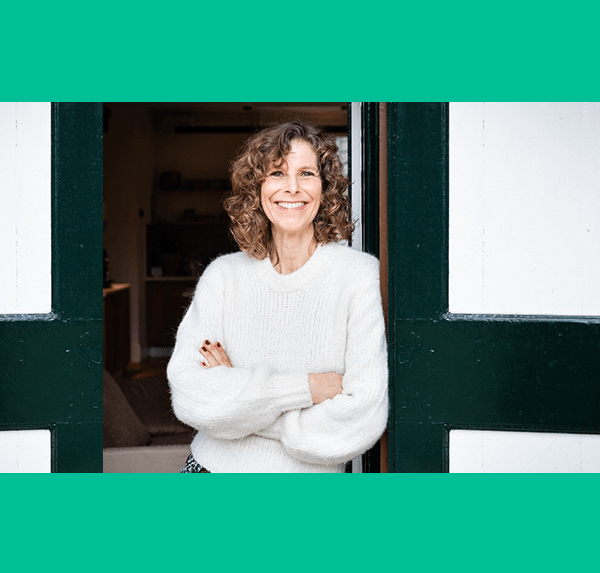EU alumnus, Julian Baladurage, Co-founder and CEO, MBJ LONDON & alqemist

Julian Baladurage founded his first company, MBJ LONDON, while he was studying at EU. The company, which is less than a decade old, has recently won the Best SME WaaS Company 2020, Best End-to-End WaaS Company 2020 and was a finalist in the UK Business Tech Awards 2020.
Julian was born to a Sri Lankan father and German mother. As a child, he lived between Germany and Sri Lanka but has since also resided in the U.K., Switzerland, Spain, China and Dubai. Julian loves sports, especially surfing and, when he was younger, competed nationally on the German rowing team. Alongside running his website as a Service (WaaS) company, MBJ LONDON and alqemist, he is currently doing a PhD on the art of artificial intelligence in marketing.
Did you always want to be an entrepreneur?
Until I was about 19, I had no clue what I wanted to do, and I wasn’t very good at school. I was rowing a lot and that was my focus. Then, when I started university, I realized that the academic side was a lot of fun and I felt that I was good at it. So, I decided that I wanted to do my own thing, which was reinforced by doing internships in larger companies. It made me realize that I am too much of a free spirit to work for those kinds of companies.
I am also a very tidy and organized person, which came out when I went to university. I think that’s helped me with being an entrepreneur; if I can be in control, it’s a lot easier.
Where did the idea for your company come from?
I actually started the company while I was studying at EU. In class, I really enjoyed all the content and wanted to use some aspects of it right away. I founded MBJ in 2011, after I saw that SMEs were struggling to generate an online presence. I had some friends running small businesses, so the first few jobs were fairly easy to get and that showed me there was really a need for this. Over the last few years, our business model has changed quite a lot; we have kept adapting and changing.
Did you have to become an expert, or did you immediately hire people with technical expertise?
In the beginning, I had to go with the experts because I really didn’t know much about tech – just the basics that anyone who’s studying business administration will know. Then, my partner, Toni, joined and he wasn’t an expert either, but he knew a lot. He has always had quite an interest in tech. Looking back over the years, I think we just learned a lot by living it, just talking about it all the time and being quite interested in it.
How important is a digital presence for business?
I think it depends on the business but it’s very important. I don’t think you can avoid it anymore. There’s a lot of SMEs here in Germany that are actually doing fine with barely any presence. They have their existing customer base, a lot of which don’t expect the company to be digital. So, it’s up for debate, but, in order to survive in the future, it is now or never.
We work with a lot of startups who want high growth. So, many of our clients went from having a physical shop to just having an online store. This can save you a lot of money, not having to pay the rent, etc. And it’s also a lot more efficient and scalable.
Do you think that digitalization has allowed companies that aren’t as strong to give a different image?
Yes, definitely, especially in the startup world. Behind a big company are just three people working in one room, but from their online presence and the image they portray, you feel like you’re talking to a corporate group. It is happening more and more that you see their online presence; their community and all the content they have and when you finally meet them you think, “Wow, this is a tiny office and you guys look like you’re competing with Virgin”. So, it’s pretty cool.
It is good, but you have to be careful because there is a lot of “fake it till you make it”. You have to be cautious when choosing who to work with.
Where do you want to go with MBJ? Do you just want to continue doing what you’re doing on a larger scale?
We’re definitely going to continue the WaaS model because we do have a lot of existing clients who are signing up new ones. However, we are working on extending our market right now. We’ve built up a very strong methodology for search engine optimization and we’re also moving heavily into influencer marketing. This is, again, more customer-driven.
At MBJ, we have big plans for the year ahead. We have launched our new product, the DIY website-builder, a new WaaS. A lot of work has gone into creating the back-end technology to enable a seamless experience and we’re excited for the opportunities it will bring. The website showcases diverse features such as an easy template chooser and pre-installed widgets. Feel free to check out it out here: https://mbj.london/website-builder/.
We already have clients who are interested, many of whom have shown interest before, but found WaaS Plus too expensive. It is our strong belief that offering DIY in combination with design and development support will resonate well with the market. Furthermore, this should also make upselling clients to WaaS Plus and our more premium services easier in the future.
How did EU help you on your career path?
I think it gave me the curricular content I needed to just get started and understand the basics of starting or running a business. I think the most important thing was probably the inspirational professors. Professor Sagar really motivated me; he was so supportive and motivating and he really took the time to help me write the content for the first website. Other than that, I would probably say some of the fellow students I met at EU.
What are the main skills that you acquired while studying that you still use today?
Probably execution. I think execution is key and it’s something I learned from some of my professors. I think that’s also feedback I get from the companies I’m working with; they know I’m about execution.
I think a lot of startups die because they don’t execute. They have great plans and big visions, but they don’t get them done, so less conceptualizing and more execution. You will fall but you have to be ready for it. I have honestly met people who had the biggest plans to conquer the world with a startup and really genius plans. Two years later, I meet them and it’s still a plan, which is even better but, at some point, it gets old and it’s not up-to-date anymore.
If you go into tech and digitalization, you just have to read a lot daily. What you read two weeks ago is probably already outdated. If you want to be really good, you have to go above and beyond. Also work on your emotional intelligence, I think that’s quite important if you want to be a co-founder or have a team.
What benefits do you see and be a part of the EU alumni network?
Events and reconnecting with alumni, existing students, faculty and professors. I think we also get some exposure through EU; I’ve been featured before and got attention from it. I remember one of the guys I hired told me that he decided he really want to work with me after watching an EU interview of me on YouTube.
So, these little things add up to something bigger. We’re happy about that kind of exposure and support. We also appreciate the ongoing events and being able to come back to talk about our experiences.


